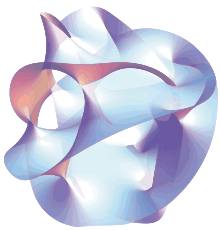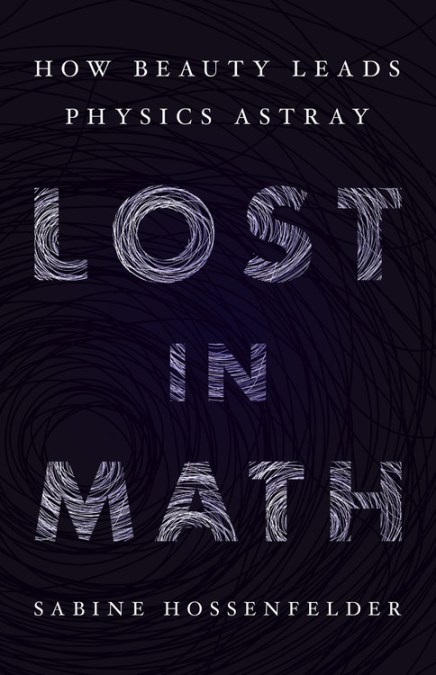 From Sabine Hossenfelder at her blog BackRe(Action), responding to a physics major who has heard from cosmologist Brian Greene that string theory can be a grand theory of everything:
From Sabine Hossenfelder at her blog BackRe(Action), responding to a physics major who has heard from cosmologist Brian Greene that string theory can be a grand theory of everything:
Greene states very carefully that superstring theory “has the capacity to embrace” gravity as well as the other known fundamental forces (electromagnetic, weak, and strong). What he means is that most string theorists currently believe there exists a specific model for superstring theory which gives rise to these four forces. The vague phrase “has the capacity” is an expression of this shared belief; it glosses over the fact that no one has been able to find a model that actually does what Greene says.
Superstring theory also comes with many side-effects which all too often go unnoticed. To begin with, the “super” isn’t there to emphasize the theory is awesome, but to indicate it’s supersymmetric. Supersymmetry, to remind you, is a symmetry that postulates all particles of the standard model have a partner particle. These partner particles were not found. This doesn’t rule out supersymmetry because the particles might only be produced at energies higher than what we have tested. But it does mean we have no evidence that supersymmetry is realized in nature. More.
String theory is what happens to science when evidence isn’t Cool, like it used to be. Good career choice? Depends on what becomes of science.
 Hossenfelder is the author of the forthcoming book Lost in Math: How Beauty Leads Physics Astray (June, 2018)
Hossenfelder is the author of the forthcoming book Lost in Math: How Beauty Leads Physics Astray (June, 2018)
See also: Sabine Hossenfelder: Hawking’s final theory is just one of “some thousand” speculations
and
Post-modern physics: String theory gets over the need for evidence